R Deep Learning Essentials. A step-by-step guide to building deep learning models using TensorFlow, Keras, and MXNet - Second Edition Mark Hodnett, Joshua F. Wiley
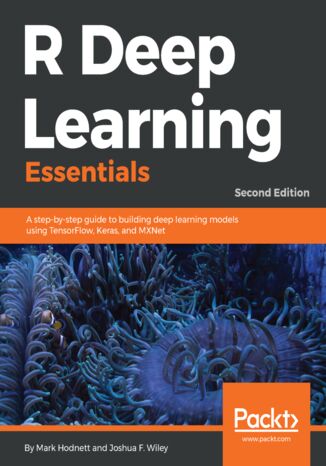



- Autorzy:
- Mark Hodnett, Joshua F. Wiley
- Wydawnictwo:
- Packt Publishing
- Ocena:
- Stron:
- 378
- Dostępne formaty:
-
PDFePubMobi
Opis
książki
:
R Deep Learning Essentials. A step-by-step guide to building deep learning models using TensorFlow, Keras, and MXNet - Second Edition
This book will introduce you to the basic principles of deep learning and teach you to build a neural network model from scratch. As you make your way through the book, you will explore deep learning libraries, such as Keras, MXNet, and TensorFlow, and create interesting deep learning models for a variety of tasks and problems, including structured data, computer vision, text data, anomaly detection, and recommendation systems. You’ll cover advanced topics, such as generative adversarial networks (GANs), transfer learning, and large-scale deep learning in the cloud. In the concluding chapters, you will learn about the theoretical concepts of deep learning projects, such as model optimization, overfitting, and data augmentation, together with other advanced topics.
By the end of this book, you will be fully prepared and able to implement deep learning concepts in your research work or projects.
Wybrane bestsellery
Packt Publishing - inne książki
Dzięki opcji "Druk na żądanie" do sprzedaży wracają tytuły Grupy Helion, które cieszyły sie dużym zainteresowaniem, a których nakład został wyprzedany.
Dla naszych Czytelników wydrukowaliśmy dodatkową pulę egzemplarzy w technice druku cyfrowego.
Co powinieneś wiedzieć o usłudze "Druk na żądanie":
- usługa obejmuje tylko widoczną poniżej listę tytułów, którą na bieżąco aktualizujemy;
- cena książki może być wyższa od początkowej ceny detalicznej, co jest spowodowane kosztami druku cyfrowego (wyższymi niż koszty tradycyjnego druku offsetowego). Obowiązująca cena jest zawsze podawana na stronie WWW książki;
- zawartość książki wraz z dodatkami (płyta CD, DVD) odpowiada jej pierwotnemu wydaniu i jest w pełni komplementarna;
- usługa nie obejmuje książek w kolorze.
Masz pytanie o konkretny tytuł? Napisz do nas: sklep@helion.pl
Książka drukowana


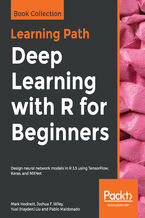


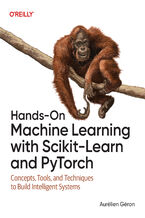


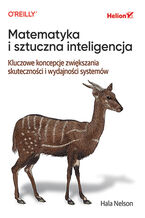

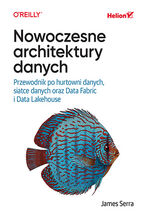

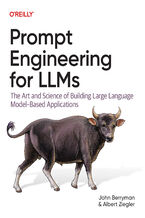
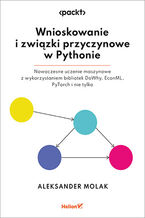







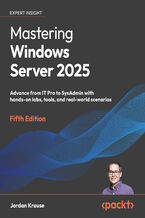
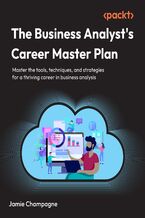
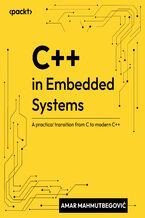
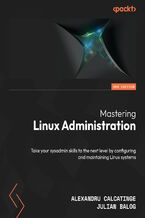
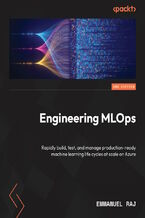
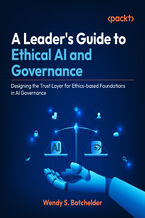
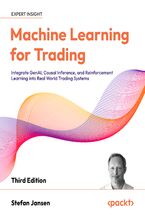
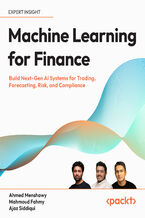



Oceny i opinie klientów: R Deep Learning Essentials. A step-by-step guide to building deep learning models using TensorFlow, Keras, and MXNet - Second Edition Mark Hodnett, Joshua F. Wiley
(0)